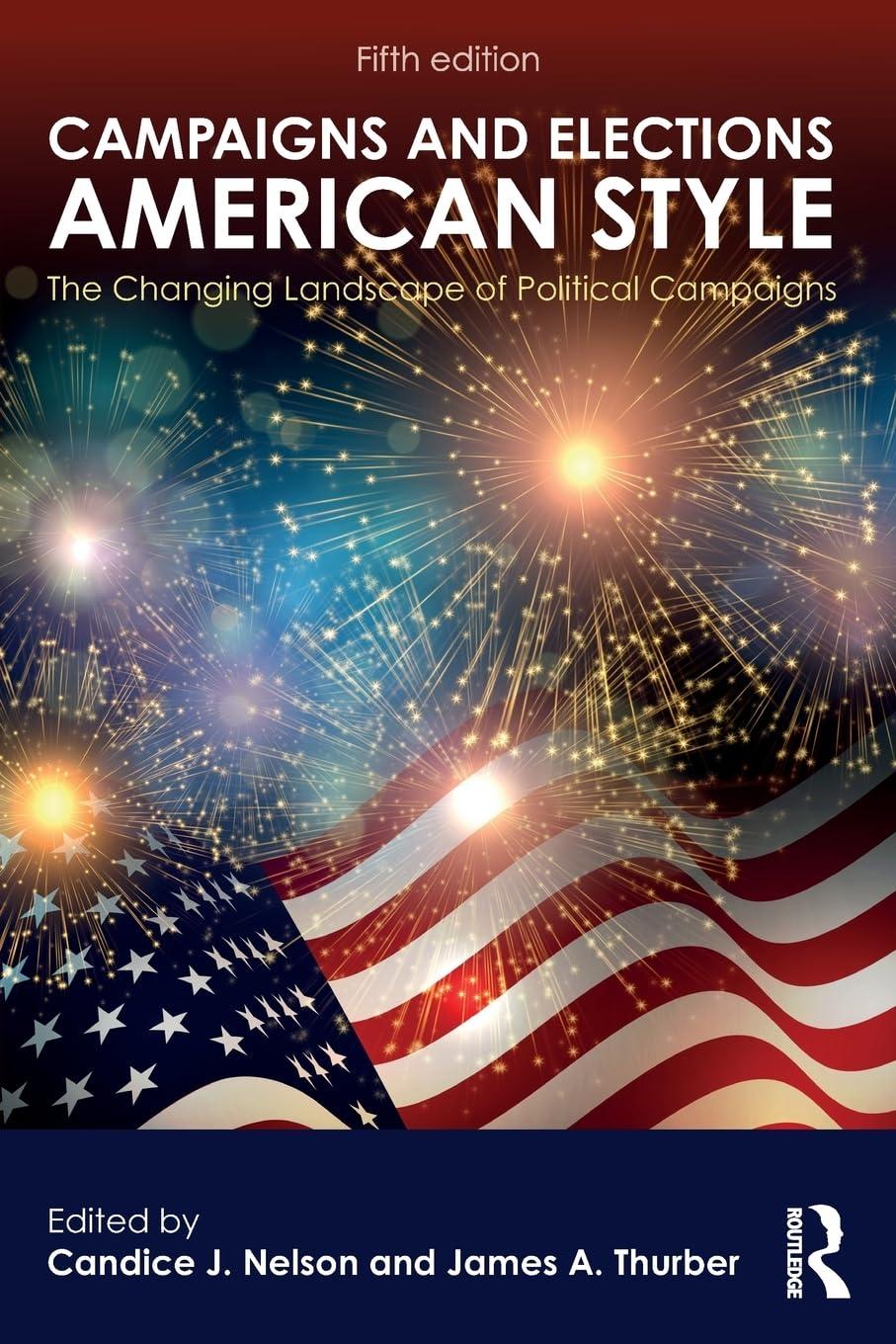In the aftermath of a tumultuous 2020, the landscape of identity politics in the country undergoes a remarkable transformation. Like a pendulum swinging back from its zenith, the dominance of identity-based discourse and activism that characterized the past wanes, giving rise to a different dynamic.
Uncoupling Identity and Politics: A Renewed Focus on Commonalities
Understanding the Shift: Uncoupling Identity and Politics
In the aftermath of the charged political climate of 2020, there is a palpable shift in the national discourse. Identity politics, once a dominant force, is experiencing a decline in its grip on the country. This transformative change is driven by a renewed focus on commonalities, fostering a shared sense of purpose and unity.
A critical factor in this shift is the recognition of the complex and multifaceted nature of identity. By uncoupling identity from political ideologies, individuals are empowered to recognize the richness of their experiences and perspectives. This allows for more constructive and inclusive conversations, bridging gaps and fostering a sense of belonging.
Beyond the Headlines: Understanding the Subtler Nuances of Identity
Despite the diminished fervor surrounding identity politics, the underlying issues of identity and belonging persist, albeit in more subtle and nuanced forms. Today, individuals are increasingly defining their identities through intersectional lenses that encompass multiple facets of their being, such as race, gender, sexual orientation, and class. These multifaceted identities are shaped not only by personal experiences but also by societal discourses and power dynamics.
Additionally, the rise of social media and the proliferation of digital spaces have provided individuals with platforms to express their identities and connect with like-minded individuals beyond traditional boundaries. This has fostered a sense of community and solidarity, allowing individuals to explore and validate their identities in ways that were previously inaccessible. However, it has also presented challenges, as online spaces can also perpetuate harmful stereotypes and amplify divisive rhetoric.
Insights and Conclusions
In this ever-evolving tapestry of our collective experience, where the threads of politics and identity once intertwined, we now witness a shift. The piercing gaze of identity politics, so prominent in 2020, has now softened, paving the way for a more nuanced understanding of our shared humanity.
As the curtain falls on this era, we embark on a new chapter, where our identities remain integral but no longer define our political discourse. We rediscover common ground, embracing the rich diversity that has always been our strength.
Together, let us navigate this new terrain, casting aside the divisive language of the past and forging connections that transcend our differences. For in the tapestry of our shared existence, it is not the strands that divide us, but the vibrant threads interwoven that make us whole.
